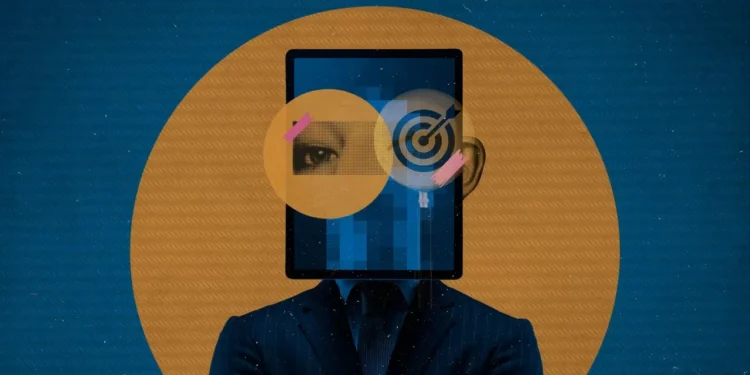Targeted, AI-Generated Political Misinformation: The Threat We Can’t Ignore
In this age of advanced technology, we are constantly bombarded with information from various sources. With the rise of social media and the internet, it has become easier than ever to access news and opinions from all over the world. However, with this ease of access comes a dangerous threat – targeted, AI-generated political misinformation.
Yes, you read that right. Artificial intelligence is now being used to create and spread political misinformation, and sadly, humans are falling for it. This may sound like something out of a sci-fi movie, but it is a reality that we must face and address.
So, what exactly is targeted, AI-generated political misinformation? It is the deliberate creation and dissemination of false or misleading information, specifically tailored to target and influence individuals or groups with a certain political ideology or agenda. This is done using advanced algorithms and machine learning techniques, making it difficult to detect and debunk.
The use of AI in spreading misinformation is a cause for concern, especially in the political landscape. With the upcoming elections in various countries, we have already seen how AI-generated political content has influenced public opinion and even election outcomes.
One of the most alarming aspects of this issue is that humans are falling for it. We are living in a time where trust in traditional media is declining, and people are turning to social media for news and information. This makes it easier for AI-generated content to spread and reach a large audience. People tend to believe what they see on their social media feeds, without verifying the source or the accuracy of the information.
Moreover, AI-generated political misinformation is designed to appeal to our emotions and biases, making it even more convincing and difficult to spot. It plays on our fears, hopes, and beliefs, manipulating our thoughts and actions. This has a significant impact on our decision-making process, especially when it comes to voting.
The consequences of falling for such misinformation can be devastating. It can lead to the spread of hate speech, incite violence, and create social and political divisions. It can also undermine the credibility of democratic institutions and disrupt the democratic process.
So, what can we do to combat this threat? The first step is awareness. We must be aware that AI-generated political misinformation exists and that it can have a significant impact on our society. We need to educate ourselves and others on how to identify and verify the information we come across on social media.
Secondly, social media platforms and tech companies must take responsibility and do more to combat the spread of AI-generated political content. They must invest in advanced technology and human resources to detect and remove such content before it reaches a large audience. They should also provide users with tools to report and flag false information.
Governments also have a role to play in addressing this issue. They must work with tech companies to regulate the use of AI in spreading political misinformation. They should also invest in media literacy programs to educate citizens on how to critically evaluate the information they consume.
As individuals, we can also play our part in fighting against targeted, AI-generated political misinformation. We must be responsible for the information we share on social media. Before hitting the share button, we must verify the source and accuracy of the information. We must also be mindful of our own biases and emotions, and not let them cloud our judgment.
In conclusion, targeted, AI-generated political misinformation is a threat that we cannot ignore. It is a complex issue that requires a multi-faceted approach to combat. We must all work together – individuals, tech companies, and governments – to address this issue and protect the integrity of our democratic process. Let us not fall victim to false information, and instead, be critical thinkers and responsible citizens.







